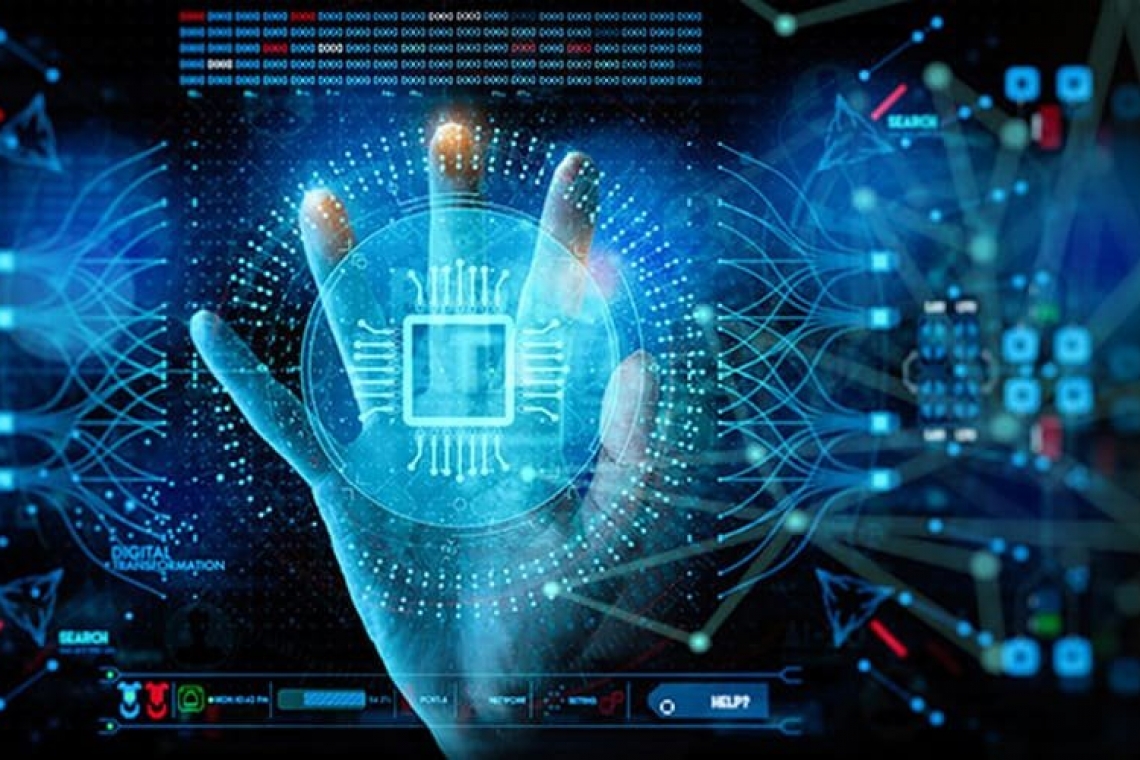Technology Trends in 2021

In today's society, technology advances at a breakneck pace. Because the entire world has altered as a result of Covid-19, the job of IT experts has also changed dramatically. The learning process is also evolving on a daily basis. The most crucial thing in the current pandemic situation is to retain one's job security. The following are a few key points that can assist IT professionals in keeping their jobs safe.
AI and Machine Learning (ML):
Artificial intelligence has grown in importance and demand in recent years. The value of AI stems from its human-like capabilities, such as voice and movement. Artificial intelligence may also analyze real-time data and make recommendations for the best course of action. Machine learning is a branch of artificial intelligence that is still in its infancy. By 2025, AI is predicted to provide a large number of new occupations in the United States, such as data scientists and analysts.
Robotics Process Automation:
Another new technique is PRA. The PRA is used to automate corporate processes. Current jobs are being replaced by PRA jobs. PRA is creating a large number of positions for IT specialists such as developers and business professionals. A PRA expert can make a decent living.
Edge computing: While cloud computing is still in use, it is being phased out in favor of edge computing. Cloud computing has some drawbacks, such as the inability to handle massive amounts of data and the longer time it takes to retrieve data. Edge computing is used to deal with space and latency constraints. Mini data centers are another term for edge computing. Software experts will be in high demand as a result of edge computing.
Quantum Computing is the application of quantum mechanics to solve problems. Another remarkable technology is quantum computing. It's based on quantum physics. In the fight against the coronavirus, quantum computing is proving to be quite effective. It also helps with baking.
The Future of Virtual Reality and Augmented Reality
Virtual reality (VR) and augmented reality (AR) are two cutting-edge technologies. They were originally created for gaming, but they are now used in virtual navy ships. AR and VR are predicted to be useful in a wide range of disciplines, including medicine, entertainment, and education. Only a few fundamental programming abilities are required to learn AR and VR.
Block chaining (sometimes known as "block chaining") is a Blockchain technology is extremely beneficial to data security. Data can't be modified after it's been put in the blockchain. New data can be input, but existing data cannot be changed or removed. Blockchain technology is being used by a lot of companies. As more professionals are needed, job prospects have expanded as well.
The Internet of Things (IoT)
Data can be shared among multiple devices connected via the Internet of Things. IoT is beneficial not only in the workplace but also in the home. Machine learning, data security, hardware, and other skills are necessary for IoT.
5g:
In the field of IoT, 5g is active. Through the usage of VR and AR technology, 5G is intended to improve our lives. Amazon, Apple, and Nokia are among the many large corporations that have adopted 5G technology.
Security in the Digital Age
Cybersecurity is an old concept. Although, with the increasing security risks in today's world, it is evolving on a daily basis. It is a constantly evolving technology, as hackers are always evolving.
Conclusion:
We can't rely just on the technologies mentioned above. Becau+se technology is evolving at a rapid pace, IT professionals are finding new job options.

Comments powered by CComment